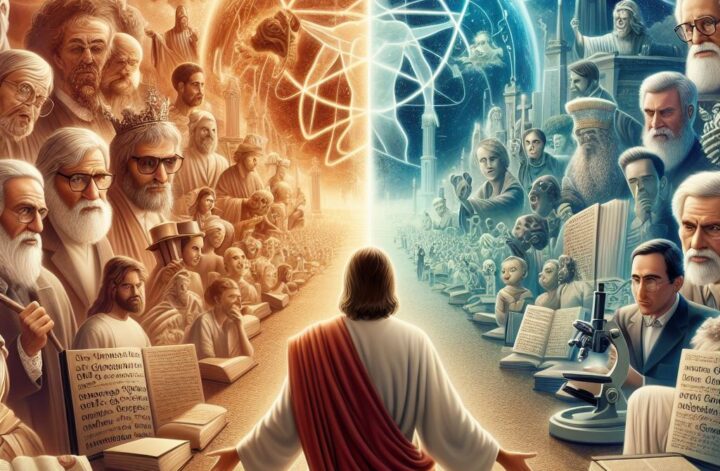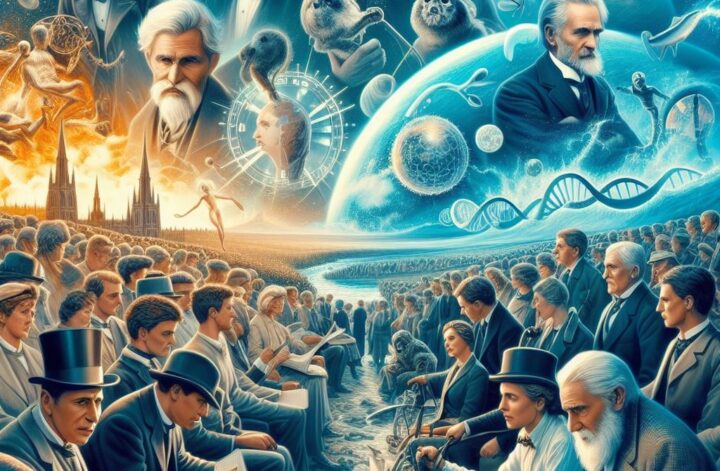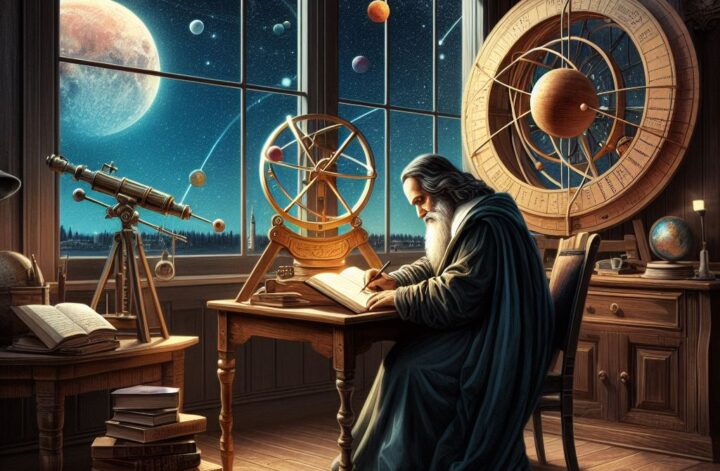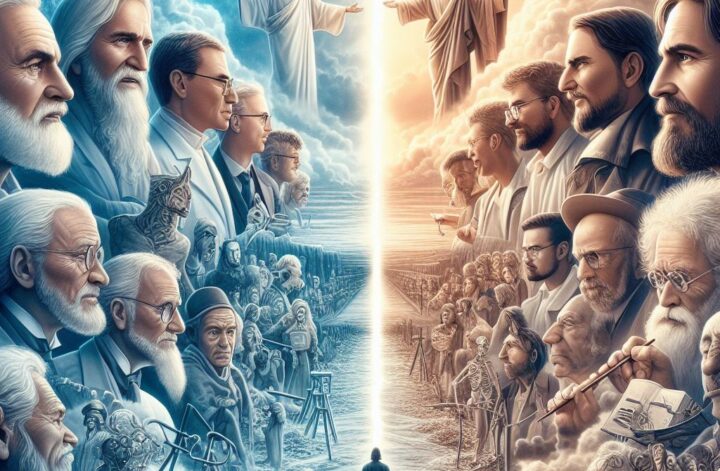Clearly defining terms
Anyone who carefully reads the book of Genesis can quickly tell that the first eleven chapters are markedly different from the rest. Indeed, readers have noticed this feature for millennia. Genesis 12 describes the call of Abraham and the rest of the book chronicles events in the lives of Abraham’s posterity. Genesis 1-11, however, is quite different. The scope of these parts of Genesis is cosmic and global. Genesis 1-3 describes the creation of the cosmos, earth, and humans. William Craig argues that when read in light of the whole of Genesis, the Pentateuch—of which Genesis is only one part—and the ancient Near East (ANE) contexts, Genesis 1 to 11 is best understood as a myth with a keen interest in history. Genesis 1-11 functions to situate the nation of Israel within the cosmos. As Craig writes, it “is a sacred preamble to the history of Israel” (54).




